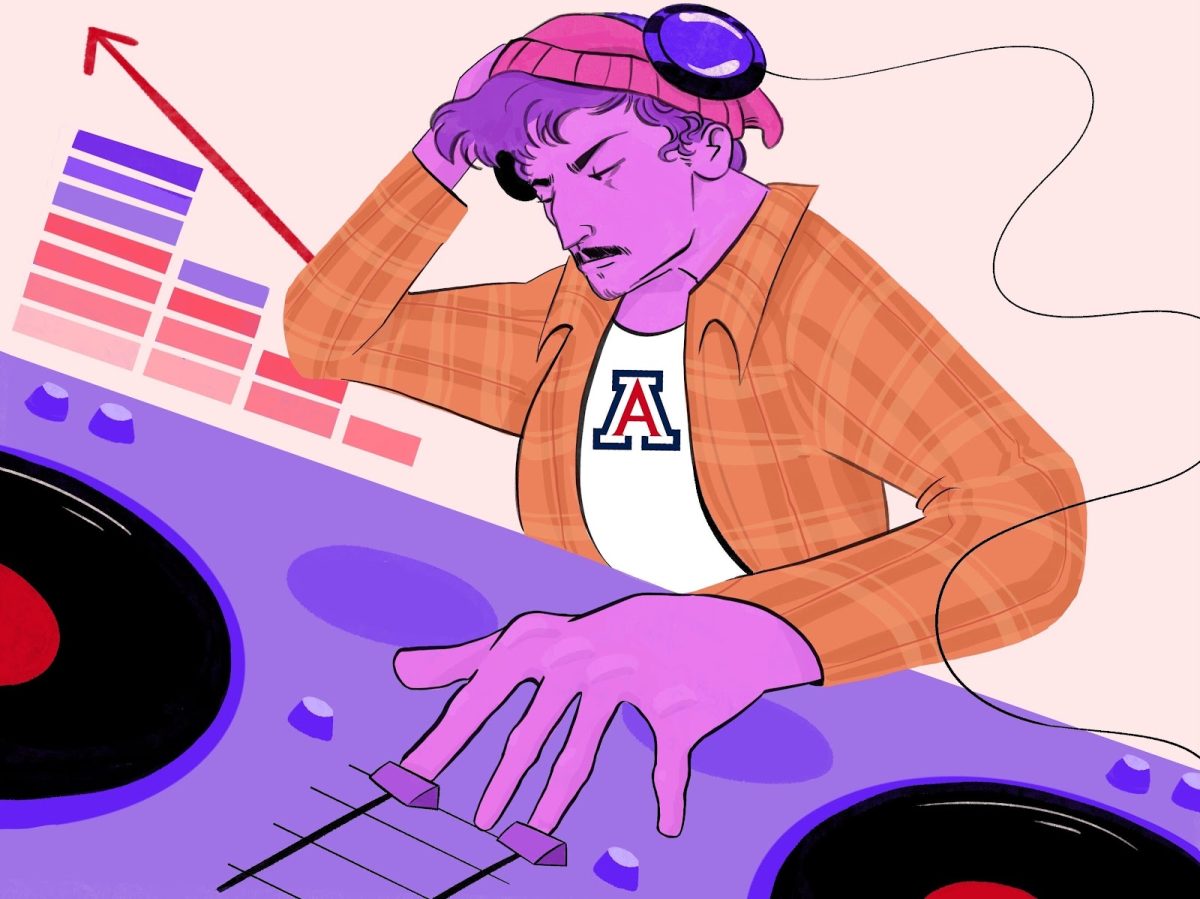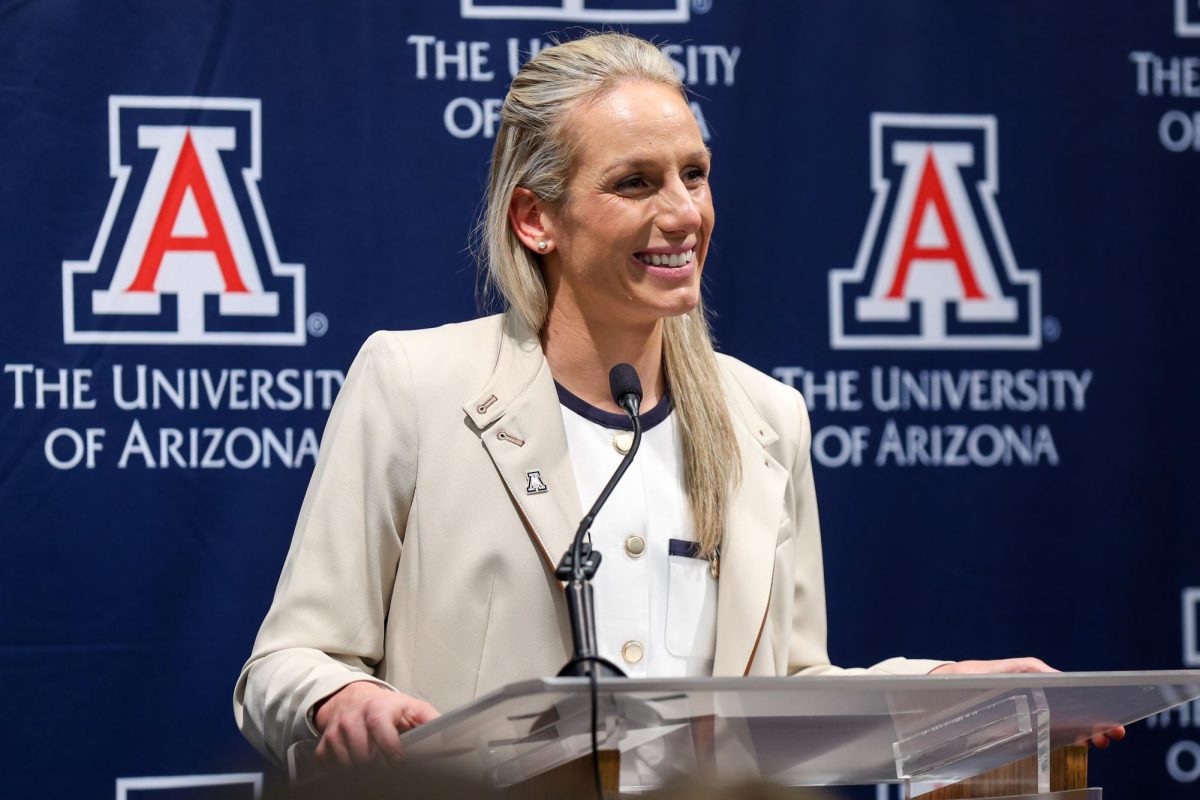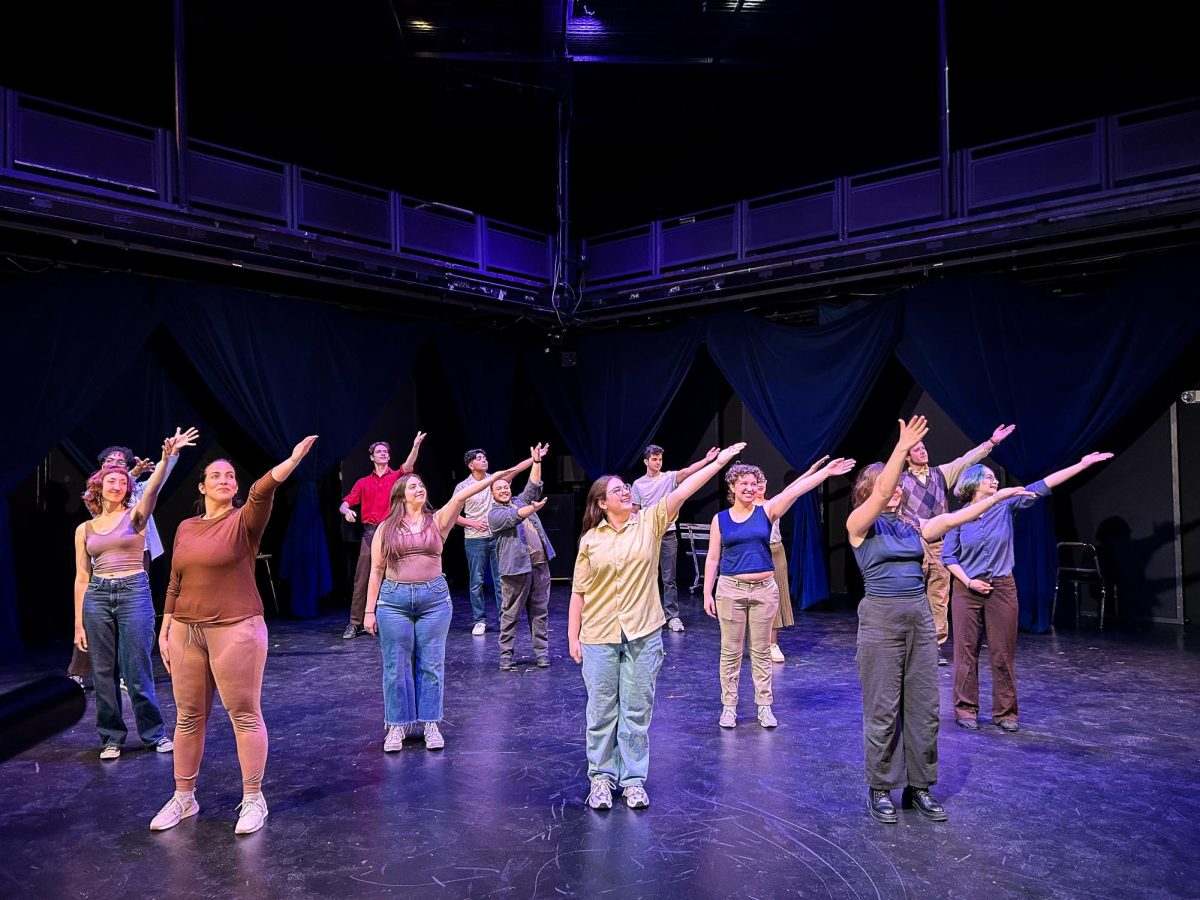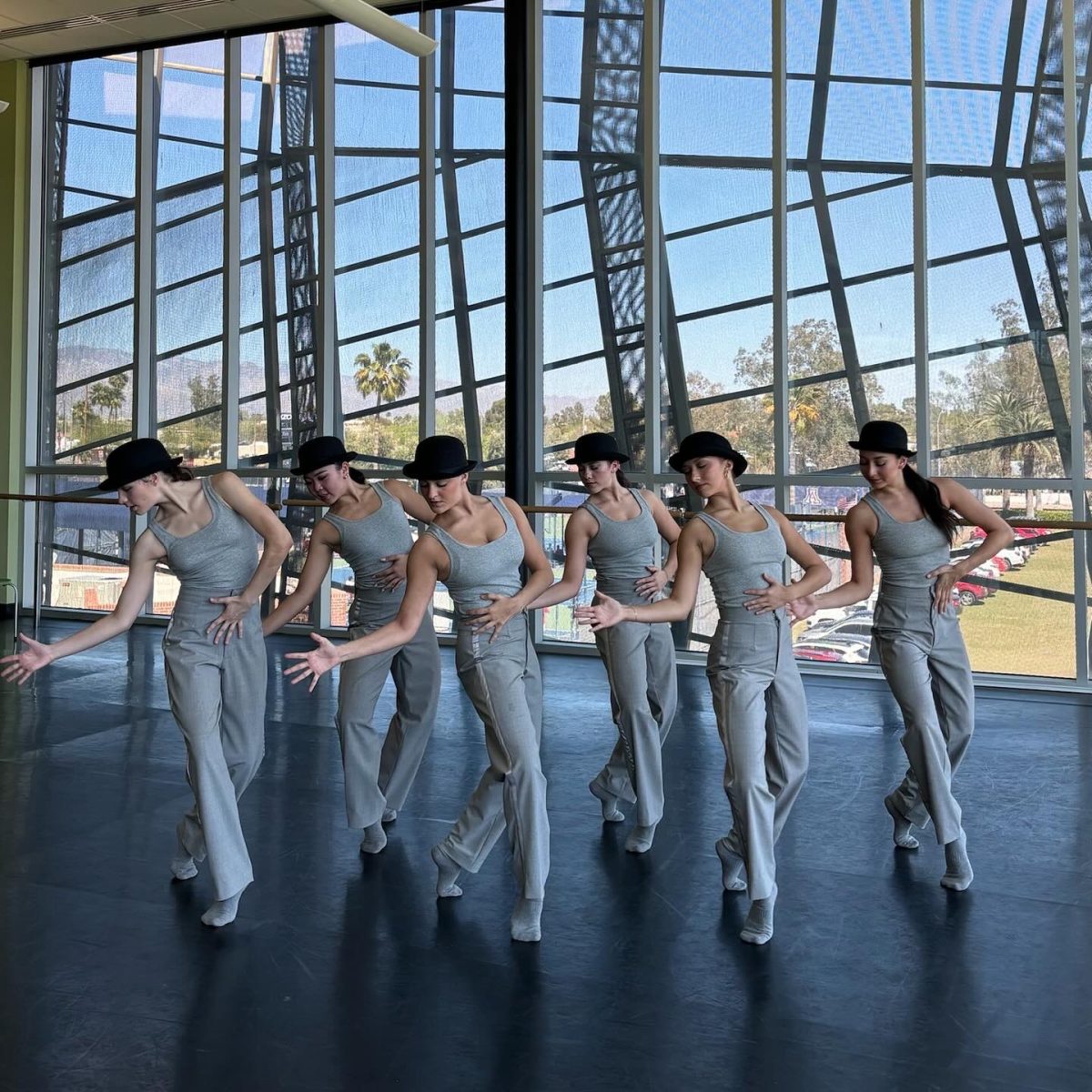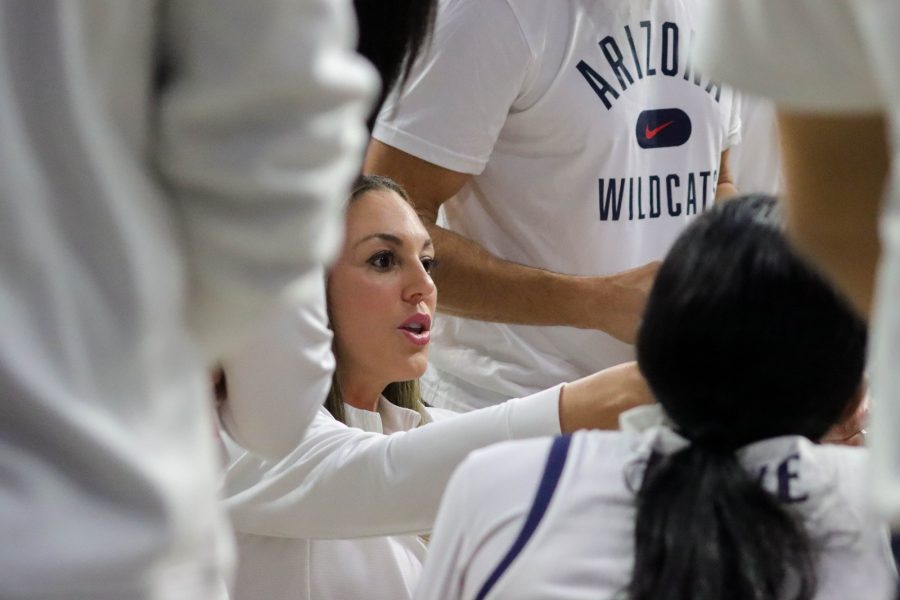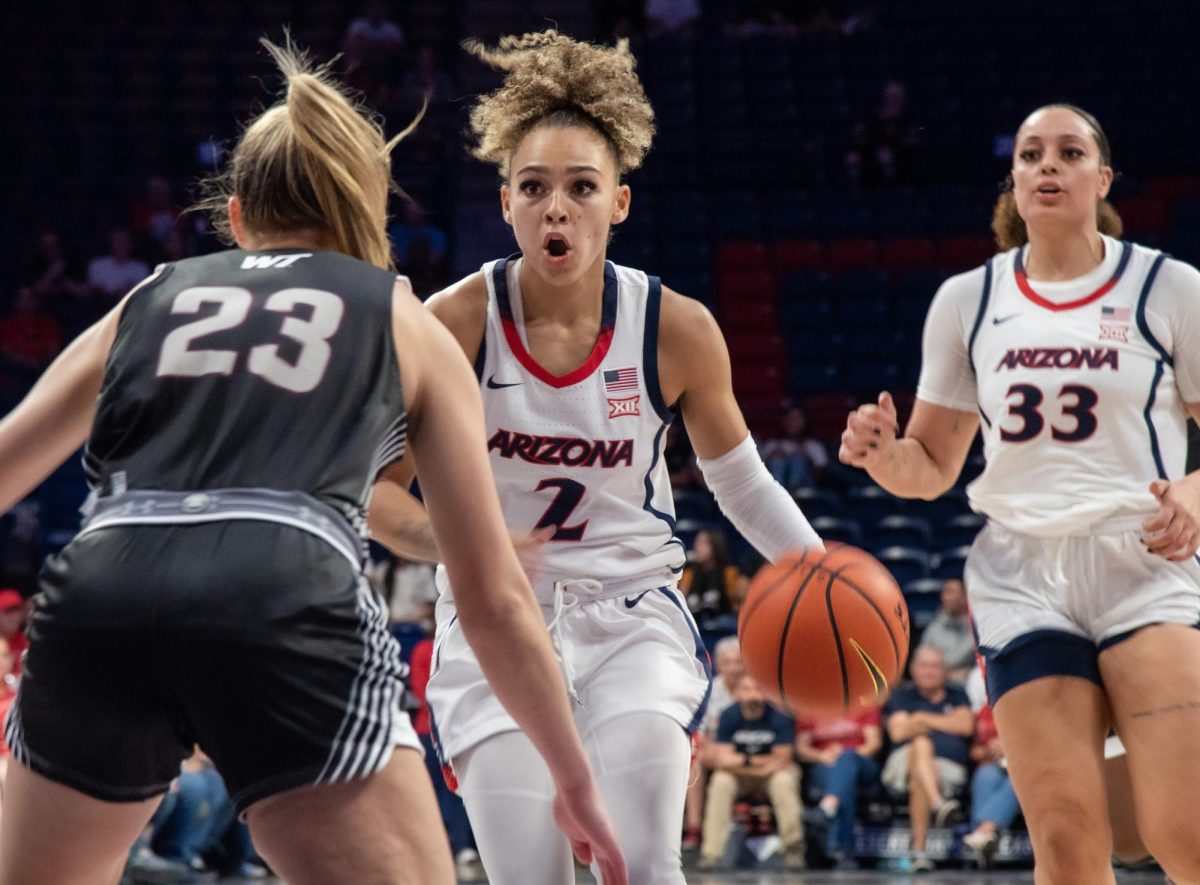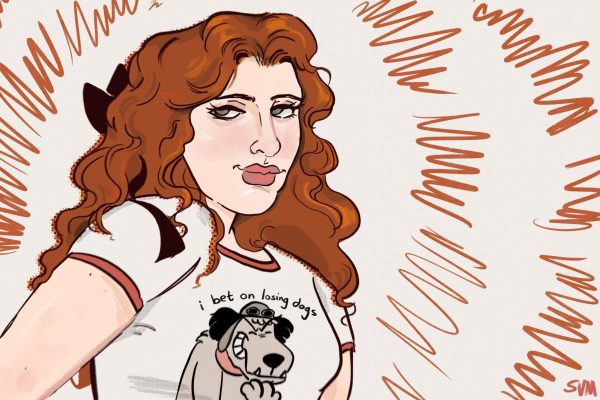In the hierarchy of party schools, the University of Arizona sits proudly near the top. While we don’t take the cake in being the most academically competitive, having the safest campus or even an especially high graduation rate, there’s no denying that the social culture here is unlike any other.
That has to count for something, right?
On Tuesdays, Thursdays and Saturdays (because usually students spare Fridays), the UA undergoes a temporary metamorphosis. You’re no longer at school but instead, some kind of glorious, crazy party haven. Students flock to bars, fraternity parties and everything in between. A lot of students don’t care if they have an 8 a.m. tomorrow. You can’t tell if it’s the most degenerative or beautiful thing you’ve ever seen. Oftentimes it feels like both.
And the intense party scene here is just the tip of the iceberg. In Tucson, students have managed to foster a rich culture and appreciation for electronic music, especially within the last five years. Whether it’s house, techno, dubstep or any other beat-heavy genre, music is pivotal to our party landscape here.
If you walk into a party or club at the UA, you aren’t going to be hearing the new Travis Scott album on aux. In fact, you’d be hard pressed to walk into a frat house on campus without finding some kid mixing on a DJ board. You’d be even more hard pressed to find him without a mid-sized crowd of girls, dancing along to the remix of choice for that night. Often, those in the crowd attempt to claim their status by getting a spot behind the DJ booth, peering down at the rest of the function below. You can’t even blame them — almost everyone loves the DJ.
But for some UA DJs, frat parties have become a stepping stone for a more serious career in music.
Dennett Kouri, for example, has made significant strides within the music community in Tucson. Usually, the UA senior just goes by Denny — unless he’s opening for Subtronics, a popular American dubstep DJ and producer, then he’s Dennett. While he only picked up DJing freshman year, Kouri has played much bigger shows at Dusk, Versa at Darkstar and PhaseOne at Gentle Ben’s.
When he’s not performing a set, he’s studying art media entertainment and seems to have mastered the school and music balance.
“It’s definitely a little tough but obviously manageable. Early on, it was so difficult but as long as you keep a structure going it’s a lot easier. It does get kind of hard when you’re doing stuff really late all the time. Having a structure made it easier for me,” Kouri said.
Last Thursday, Kouri performed at a popular club here on campus, No Anchovies. The 23-year-old had previously compared DJing as synonymous with controlling the party, which the raving crowd proved to be true. For Kouri and other DJs alike, both pleasing and maintaining the party is seemingly effortless at the UA.
The key word being seemingly.
“At Fuku, I’m getting paid $100 for five hours to do what I do for a living,” said Ben Drogin, another UA DJ. “I do like 20-30 hours a week of just DJing.”
Drogin, who’s DJ name is Ben Dro, got his start DJing at frat parties and other campus clubs and bars. Describing DJing as his own passion and art form, there’s no doubt that Drogin has found success within his music. He’s played at Burning Man, Sol Awakening and closed out Dusk — to name a few. The recent UA graduate attributes his success to taking initiative and making the opportunities happen himself.
“You need to take risks, that takes a certain type of personality,” Drogin said. “There’s an amazing music scene in Tucson, it’s a beautiful place for that.”
Evidently, it seems that success for DJs here at the UA like Kouri or Drogin really just boils down to hard work, and of course how much students love to party to their hard work.
UA senior Soominh Joo might be better known by his DJ name, Spoon. Like Kouri, the New Jersey native has been able to expand his music career outside of the frat party lines, making frequent appearances at popular bars and clubs here on campus. On top of Tucson-area shows, though, he’s expanded to performing across the country. With performances at Noto nightclub in Philadelphia, Blue Midtown in New York City and more — Joo has hardly limited himself to campus.
“This might be one of the greatest schools for DJs in my opinion. I’ve been to a lot of different schools and every time I’ve played they think it’s the greatest thing they’ve ever heard, but they don’t even realize that so many people like me exist on this campus,” Joo said.
Talent like Joo is flourishing all over campus and the UA is adjusting accordingly. The campus bar scene is known to have student DJs headline, making appearances at popular spots like Gentle Bens, Agave House or Blush. These shows — which bring big crowds of supporters and friends — make sense from a business perspective, but they’re also an important first step for students wanting to take DJing to another level.
“I think I’m pretty committed [to music] at this point. I’m trying to get into post-grad school in London. It’s a music production school,” Joo said. “This summer I’m stepping away from DJing a lot and becoming an artist and producer.”
Regarding a possible explanation for the recent uptake of interest in becoming a DJ, specifically at the UA, Kouri had some ideas.
“I think it’s happening, because a lot of people love music. DJing is something you can get into without having much knowledge of music. It’s accessible and easy to pick up if you have a sense of rhythm,” Kouri said.
When it comes to students here, the accessibility of both this kind of music as well as creating it is undeniably a large factor in its popularity on our campus. This year, you can order a DJ board online and get it delivered to your door the very next day. Whether one chooses to engage in mixing at frat parties for fun or wishes to pursue DJing more seriously — the love for the music is all the same.
So, why are so many people a DJ, and why do we love it so much?
The short answer would be that it’s because it’s more accessible now than ever, and it’s cool. As for a long answer or explanation, one might not be necessary — at least not in Tucson.
At the UA, the music can speak for itself.
Follow the Daily Wildcat on Instagram and Twitter (X)
 Olivia is a UA student studying journalism. She enjoys reading, foreign films, and poetry in her free time.
Olivia is a UA student studying journalism. She enjoys reading, foreign films, and poetry in her free time.



